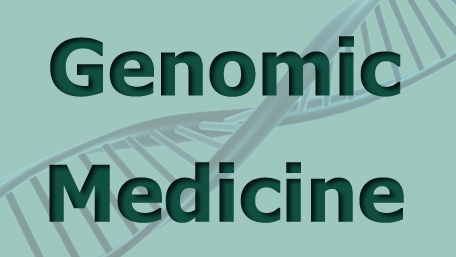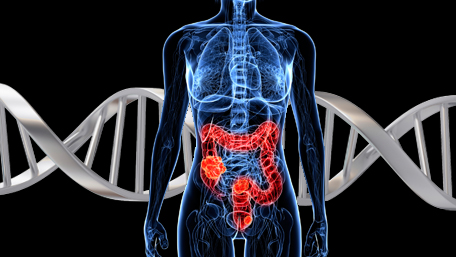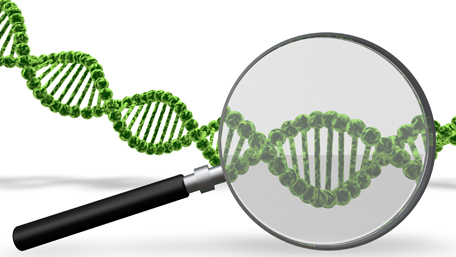
11/10/2019
Hot Topics of the Day are picked by experts to capture the latest information and publications on public health genomics and precision health for various diseases and health topics. Sources include published scientific literature, reviews, blogs and popular press articles.
Sign up MyPHGKB to receive the daily hot topic email alert.
Archived Hot Topics of the Day By Date
Predicting Current Juul use among Emerging Adults through Twitter Feeds
T Tran et al, MedRXIV, November 2019
Delivering genome sequencing in clinical practice: an interview study with healthcare professionals involved in the 100 000 Genomes Project.
Sanderson Saskia C et al. BMJ open 2019 Nov (11) e029699
Guidelines for the management of hereditary colorectal cancer from the BSG /ACPGBI/UKCGG
British Society Gastroenterology, October 2019
Lower germline mutation rates in young adults predict longer lives and longer reproductive lifespans
RM Cawthon et al, MedRXIV, November 2019
Assessment of the Association of D2 Dopamine Receptor Gene and Reported Allele Frequencies With Alcohol Use Disorders
A Systematic Review and Meta-analysis
Y Jung et al, JAMA Network Open, November 9, 2019
Factors associated with oncologist discussions of the costs of genomic testing and related treatments.
Yabroff K Robin et al. Journal of the National Cancer Institute 2019 Nov
Mom’s immune system and microbiome may help predict premature birth
A Keener, Science News, November 8, 2019
Mendelian randomisation for mediation analysis: current methods and challenges for implementation
AR Carter et al, BIORXIV, November 9, 2019
Disclaimer: Articles listed in Hot Topics of the Day are selected by Public Health Genomics Branch to provide current awareness of the scientific literature and news. Inclusion in the update does not necessarily represent the views of the Centers for Disease Control and Prevention nor does it imply endorsement of the article's methods or findings. CDC and DHHS assume no responsibility for the factual accuracy of the items presented. The selection, omission, or content of items does not imply any endorsement or other position taken by CDC or DHHS. Opinion, findings and conclusions expressed by the original authors of items included in the Clips, or persons quoted therein, are strictly their own and are in no way meant to represent the opinion or views of CDC or DHHS. References to publications, news sources, and non-CDC Websites are provided solely for informational purposes and do not imply endorsement by CDC or DHHS.
- Page last reviewed:Feb 1, 2024
- Page last updated:Apr 25, 2024
- Content source:









